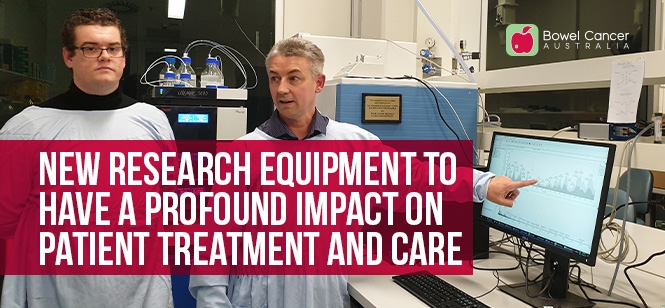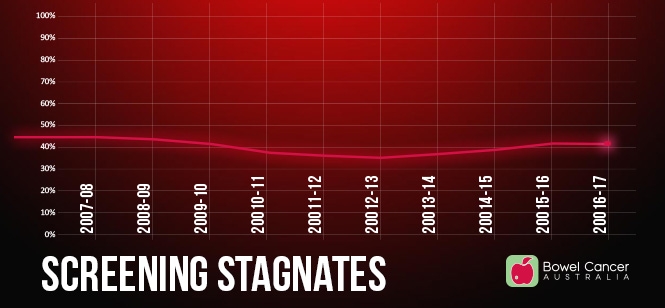Media centre

- Details
Many find daily physical activity a chore, despite evidence that exercise can reduce bowel cancer risk and is essential during and after any cancer treatment, to assist in managing side effects and improve quality of life.
- Details
A new study has revealed that being active at a young age can reduce the risk of developing bowel cancer later in life, and active adolescents who remain active as adults reduce their bowel cancer risk even more.
- Details
Bowel Cancer Australia is very excited to announce that we have been nominated for the best small charity of the year in the Third Sector Awards 2019, celebrating Australia’s most notable leaders and organisations that are making a difference.
- Details
Sam Fitzpatrick just finished 18-months of grueling treatment sessions following a Stage IV bowel cancer diagnosis at the age of 33.
But he would tell you he’s lucky.
- Details
Bowel Cancer Australia today released initial findings from the first national My Colonoscopy Experience questionnaire. The questionnaire opened in September 2018 at the same time as the Colonoscopy Clinical Care Standard, created by the Australian Commission on Safety and Quality in Health Care (ACSQHC).
- Details
Australia's Therapeutic Goods Administration (TGA) has today given Keytruda® (pembrolizumab) provisional approval for patients with unresectable or metastatic, microsatellite instability-high (MSI-H) or mismatch repair deficient (dMMR) bowel cancer.
- Details
In the first week of Bowel Cancer Awareness Month 2019, the University of Sydney officially opened the Kolling Institute node of their Sydney Mass Spectrometry core facility. The facility was made possible with a significant financial gift of $500,000 from Bowel Cancer Australia, established to support the research of the Lawrence Penn Chair of Bowel Cancer Research, Professor Mark Molloy PhD and his research team.
- Details
Of the 4.1 million people invited to participate in the National Bowel Cancer Screening Program between January 2016 and December 2017, only four in every ten took up the offer according to the latest AIHW report.
- Details














